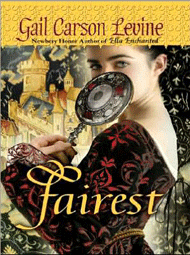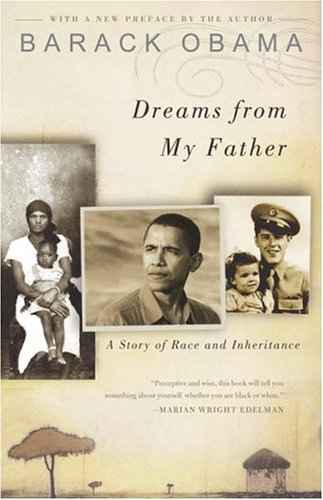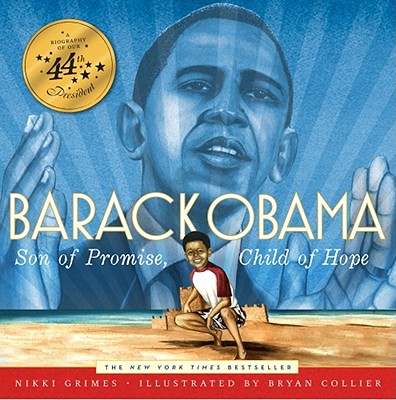The thing they don't tell you about biographies is that usually the main characters die at the end. Thus is the case for Philip Nel's Crockett Johnson and Ruth Krauss: How an Unlikely Couple Found Love, Dodged the FBI, and Transformed Children's Literature. This unfortunate conclusion, however, doesn't take away from the fact that this is the best biography I've ever read. (Well, maybe it's the only one I've ever read, but I think it's real good nonetheless.)
I was inspired to read this book mostly because it's about a couple who were and are, like, so important to my field. The copy I've been hoarding in my apartment is weirdly the only one available in the Minuteman Library Network. So, that's a thing. This biography did a good job of paying equal attention to both Johnson and Krauss, instead of focusing on them as a unit. How novel: a couple comprised of two individuals who retain their personal identities despite years upon years of marriage. Happy, happy, as my dear friend Phil Robertson would say.
Anyhow, though I think we all knew this in the depths of our souls, this book confirms that there is an art to biography. Nel's got it, and he had me so in love with these people that I was weeping by the end. Particularly pleasing is the discussion of the relationship the couple had to illustrator Maurice Sendak. I don't think anything tickles me more than when famous, important people interact with one another and I feel privy to it.
And, to take a completely rando turn, let's talk about The Hunger Games. I know what you're saying. You're saying I go back on my word, that I am a liar, a cheat, and a woman not to be trusted. And you're right. But here's the thing: I know I said that I wasn't going to address the series, but whatever. The times, they are a changin'.
It all began when I realized how much freaking time I was wasting on my commute to and from school. So I decided I should start listening to books on CD. What a smart way to address all those books I didn't want to take time to read, I thought. First, I listened to some Judy Blume book, which was fine, and this summer I got my greedy Dudley-esque sausage fingers on The Hunger Games audio book. The jury's still out on how I feel about listening versus reading. Surely, I prefer to read, but I can see how listening is a useful tool. So, HOURS LATER, Jake and I finished listening to the first book and I think it's fair to say that we are a weeny teeny tiny bit obsessed. Does listening to a book on CD lose its charm when you've stopped listening to it in the car and started listening to it on your laptop? Maybe. My commute trick was certainly foiled, to say the least. I pretend that it's 1940 and we're listening to the radio or some other technology dinosaur.
Then we watched the movie, and I have no comment on that at the moment. Jennifer Lawrence is growing on me, though. Bless her heart. I'm still a little salty with her because she eight days younger than me and I'm a piece of shit and she's a millionaire. Smell me?
Yada yada blah blah, now I have a dystopia craving. Needless to say, we've checked out from the library both the Catching Fire audio book and the book book. We shall see what happens. Say tuned, or whatever.
Friday, June 28, 2013
Monday, June 24, 2013
White Weddings and Fairy Tale Adaptations
It's been longer than usual. And because apologizing would be useless (let's be honest, Tracy, who reads this silly little blog?), I won't do it. But I will offer some explanation:
Though I quit my dead-end black hole of a retail job, all of my newly "free" time got lost in a tornado of picturebooks, nineteenth century novels, the Bible, soul-searching, and self-loathing. What's a girl to do? Nothing. And that's what I did. Though I somehow managed to complete the semester, a paralysis of the creative juices and of the positive energies took me over. It was not happy times. Worry, hand-in-hand with loneliness, is consumptive.
I haven't entirely snapped out of it, but I have enough to want to share with you some of the things I've been reading of late (we're talking since March, give or take).
Many moons ago, I read a (huge) excerpt of Chrys Ingraham's White Weddings: Romanticizing Heterosexuality in Popular Culture for an undergraduate class at Pitt. I decided to take up the whole thing, and, though a tad dated (black and white pictures, analysis of 90s movies), it's wunderbar. It articulates so well how ingrained marriage (most specifically the marriage of white, heterosexual folks) is in our culture. Look for wedding references in (what Ingraham calls) the tertiary wedding market. It's kind of icky when you think about how many toothpaste, cellphone, and fast food commercials embrace the theme of wedding-as-backdrop or wedding-as-vehicle-for-consumption. America.
At a similar time, I had reread Gail Carson Levine's Ella Enchanted for a class project, and then went on to read Fairest. Certainly Ella has a marriage plot, but it's way more progressive than, let's say, any Disney movie ever. Anyway, Ella Enchanted stands out and alone. It is arguably my favorite book from childhood, and probably even adulthood. A remake of the Cinderella story, it is refreshingly girl-empowered. However, it does make some problematic stances on food and eating (but, so does The Hunger Games, eh?). In short: it's the best. The movie, on the other hand, truly repulsive. I've never been more disappointed.
Fairest is pretty decent, also. This one is a kind-of Snow White adaptation. It's nothing like Ella, because really, it couldn't be, but it takes place in the same world, and there are some tacky-yet-pleasureful allusions to Ella. Fairest is the first novel for girls that I recall having a big protagonist--big as in "tall and fat and decidedly the opposite of dainty." (Examples of other books that have fat or big girl protagonists are welcome.) And though the reader never really knows the extent of Aza's bigness or ugliness, she is certainly no standard beauty. Despite this, she gets to become a princess.
I dig it.
I wish she didn't have to be fat and ugly though. But, it's fine. At least she wasn't Cinderella perfect or even Jennifer Lawrence perfect. Oh, and she's adopted. This book seems to have all the things I craved in a novel when I was ten. Or eight. Or twenty-two.
Yet the cover for Fairest is really ridiculous. What's that about? Ugh.
Though I quit my dead-end black hole of a retail job, all of my newly "free" time got lost in a tornado of picturebooks, nineteenth century novels, the Bible, soul-searching, and self-loathing. What's a girl to do? Nothing. And that's what I did. Though I somehow managed to complete the semester, a paralysis of the creative juices and of the positive energies took me over. It was not happy times. Worry, hand-in-hand with loneliness, is consumptive.
I haven't entirely snapped out of it, but I have enough to want to share with you some of the things I've been reading of late (we're talking since March, give or take).
Many moons ago, I read a (huge) excerpt of Chrys Ingraham's White Weddings: Romanticizing Heterosexuality in Popular Culture for an undergraduate class at Pitt. I decided to take up the whole thing, and, though a tad dated (black and white pictures, analysis of 90s movies), it's wunderbar. It articulates so well how ingrained marriage (most specifically the marriage of white, heterosexual folks) is in our culture. Look for wedding references in (what Ingraham calls) the tertiary wedding market. It's kind of icky when you think about how many toothpaste, cellphone, and fast food commercials embrace the theme of wedding-as-backdrop or wedding-as-vehicle-for-consumption. America.
At a similar time, I had reread Gail Carson Levine's Ella Enchanted for a class project, and then went on to read Fairest. Certainly Ella has a marriage plot, but it's way more progressive than, let's say, any Disney movie ever. Anyway, Ella Enchanted stands out and alone. It is arguably my favorite book from childhood, and probably even adulthood. A remake of the Cinderella story, it is refreshingly girl-empowered. However, it does make some problematic stances on food and eating (but, so does The Hunger Games, eh?). In short: it's the best. The movie, on the other hand, truly repulsive. I've never been more disappointed.
Fairest is pretty decent, also. This one is a kind-of Snow White adaptation. It's nothing like Ella, because really, it couldn't be, but it takes place in the same world, and there are some tacky-yet-pleasureful allusions to Ella. Fairest is the first novel for girls that I recall having a big protagonist--big as in "tall and fat and decidedly the opposite of dainty." (Examples of other books that have fat or big girl protagonists are welcome.) And though the reader never really knows the extent of Aza's bigness or ugliness, she is certainly no standard beauty. Despite this, she gets to become a princess.
I dig it.
I wish she didn't have to be fat and ugly though. But, it's fine. At least she wasn't Cinderella perfect or even Jennifer Lawrence perfect. Oh, and she's adopted. This book seems to have all the things I craved in a novel when I was ten. Or eight. Or twenty-two.
Yet the cover for Fairest is really ridiculous. What's that about? Ugh.
Wednesday, January 9, 2013
(Late) Reading Reactions to the Election
The election (which did indeed happen months ago) inspired me to get my hands on all the Obama things. And by things, I mean books. So I got from my library two picturebooks: Barack Obama: Son of Promise, Child of Hope written by Nikki Grimes and illustrated by Bryan Collier, and Of Thee I Sing: A Letter to My Daughters written by Obama himself and illustrated by Loren Long. I also borrowed his first book Dreams from My Father: A Story of Race and Inheritance.
The three books take different angles, yet all tell parts of the same story. I have mostly good things to say about Dreams from My Father. It was honest--and not in that "I'm running for political office" kind of way. Though some customer at work argued with me that Obama knew he'd be elected president in 2008 when Dreams was published in 1995, I don't think he had that kind of outlandish foresight. Unless our government is more corrupt than we could possibly imagine and Obama was notified upon his graduation from Harvard that he had been chosen to be president in fifteen years, this customer is an idiot. Dreams from My Father isn't a necessarily "safe" book, politically speaking. Obama not only draws attention to race (something I've been less than pleased about him skirting in his presidential career), but he also admits to dabbling in agnosticism, cigarettes, alcohol, and "reefer" (by the way, he did inhale). The book dragged on a bit at times and occasionally felt choppy. Big whoop, though, the darn things made me have feelings. Even the gee dee preface made me cry. The best part about the book was the perpetual searching for identity. Obama--and the character of himself that he creates--isn't a personality-less void; instead, he is a young person trying to make sense of his heritage and his privilege. He also struggles with ideas about families. To quote from the book a teeny tiny bit:
Though Obama and I obviously don't share identical backgrounds, I can totally identify with the struggle to piece together an identity. What (adopted) twenty-something wouldn't? In short, the book is worth the read. And will maybe make you weep. And definitely appreciate our president a little more.
What is a family? Is it just a genetic chain, parents and offspring, people like me? Or is it a social construct, an economic unit, optimal for child rearing and divisions of labor? Or is it something else entirely: a store of shared memories, say? An ambit of love? A reach across the void? (327)
Though Obama and I obviously don't share identical backgrounds, I can totally identify with the struggle to piece together an identity. What (adopted) twenty-something wouldn't? In short, the book is worth the read. And will maybe make you weep. And definitely appreciate our president a little more.
Son of Promise, Child of Hope is not-so-loosely based on Dreams. As I was reading it the second time, after just finishing Dreams, I was struck by how similar the two were. Grimes admits in her acknowledgements and in her bibliography that her primary source was indeed Dreams from My Father. But I didn't like this book nearly as much as I liked Dreams. The illustrations aren't my favorite, and the whole book has kind of a religious tone. There's a biblical illusion or two and a weird church scene, that sure, has basis in Dreams, but it's definitely been taken to the next step. Yick. Basically, Son of Promise, Child of Hope borders too much on weird American Dream ideology stuff. And it really really wants to emphasize Obama's Christianity--which I don't care about.
Moving on to Of Thee I Sing. This book is absolutely stuffed with liberal ideology--more, perhaps, than I could even stomach. But after rereading it after Dreams, I found myself more sympathetic. Obama does a good job of including all kinds of people in his book: Georgia O'Keeffe, Albert Einstein, Jackie Robinson, Sitting Bull, Billie Holiday, Helen Keller, Maya Lin, Jane Addams, Martin Luther King, Jr., Neil Armstrong, César Chávez, Abraham Lincoln, and George Washington. The book reeked of the liberal humanist tradition, which isn't a bad thing, I suppose, but when I read it, I just couldn't get the bad taste of obvious ideology out of my mouth. Either way, I see yuppie parents reading this to their children. I also see parents like mine reading it to kids like I was. And, I see teachers reading this book to their students. So, there's that.
Now, you may have noticed that a book I did not read was The Audacity of Hope. If I couldn't handle the American Dream stuff and nonsense in the other books, how would I even dare to delve into this book? (This from the girl who sat alone on her couch staring at the boob tube and weeping with joy on election night.) Maybe someday I'll read it when my political views have become less youthful and more resigned to the liberal humanist tradition. I guess we'll just have to wait and see.
Now, you may have noticed that a book I did not read was The Audacity of Hope. If I couldn't handle the American Dream stuff and nonsense in the other books, how would I even dare to delve into this book? (This from the girl who sat alone on her couch staring at the boob tube and weeping with joy on election night.) Maybe someday I'll read it when my political views have become less youthful and more resigned to the liberal humanist tradition. I guess we'll just have to wait and see.
Subscribe to:
Comments (Atom)
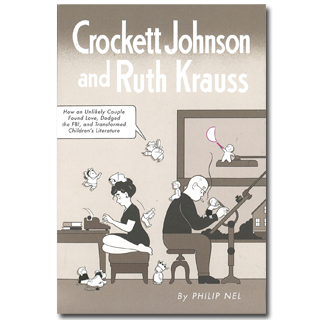
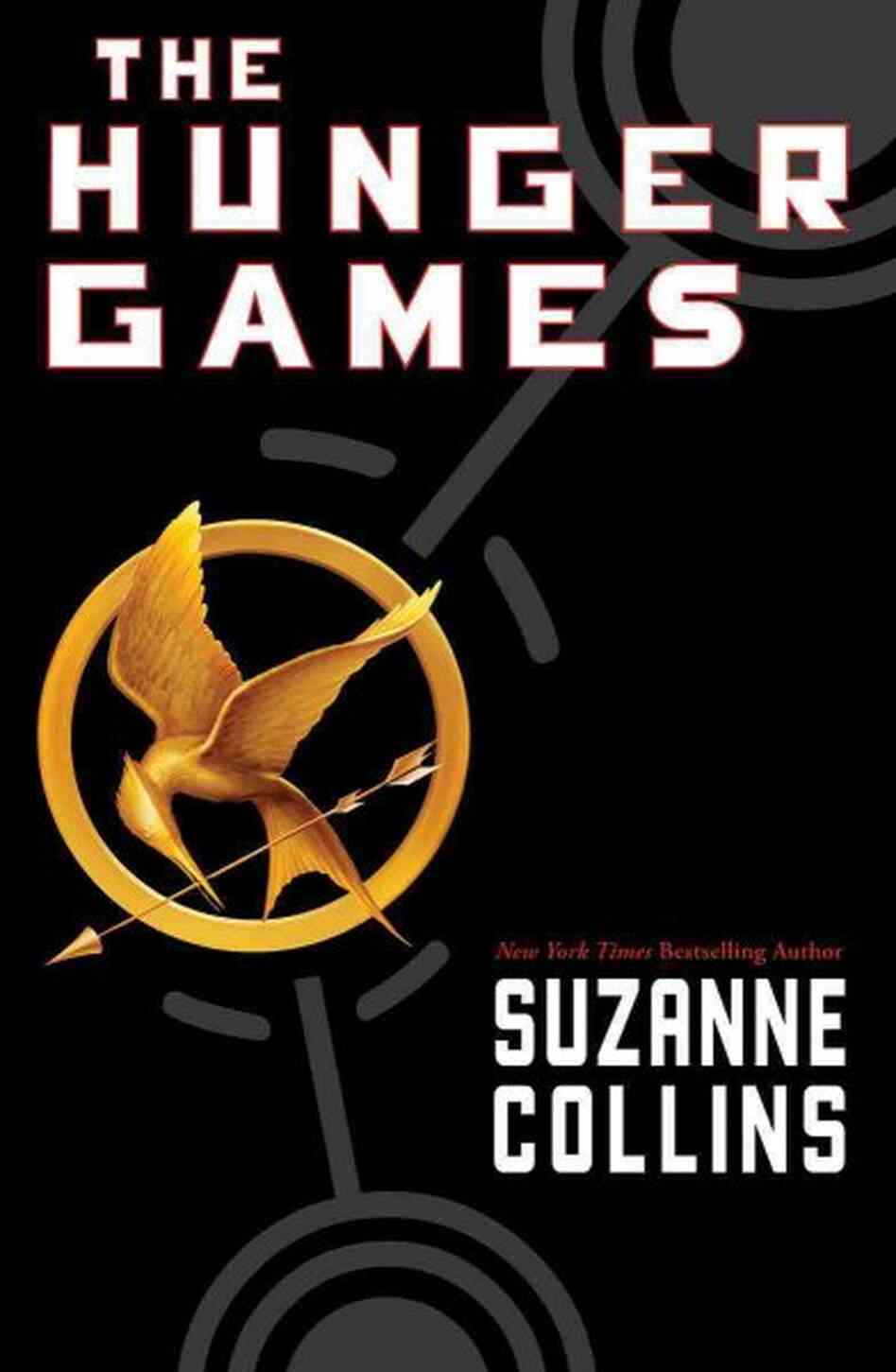


.jpg/200px-Ella_enchanted_(book_cover).jpg)
